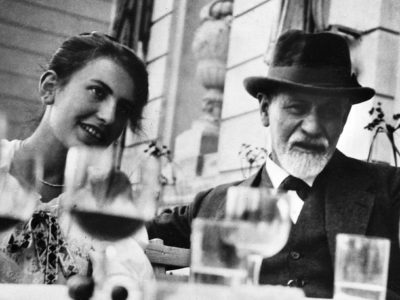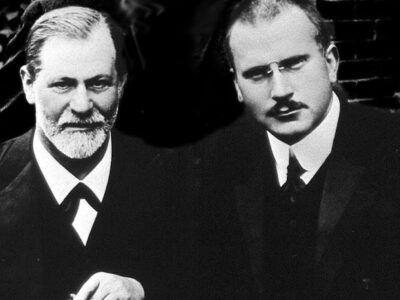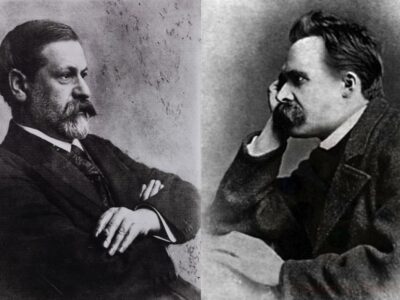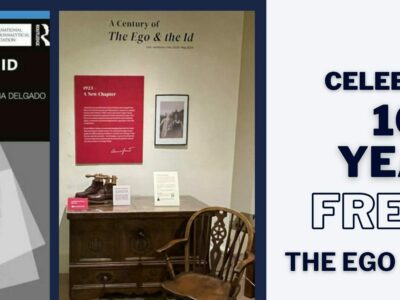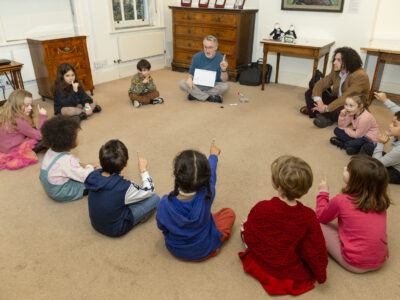
- This event has passed.
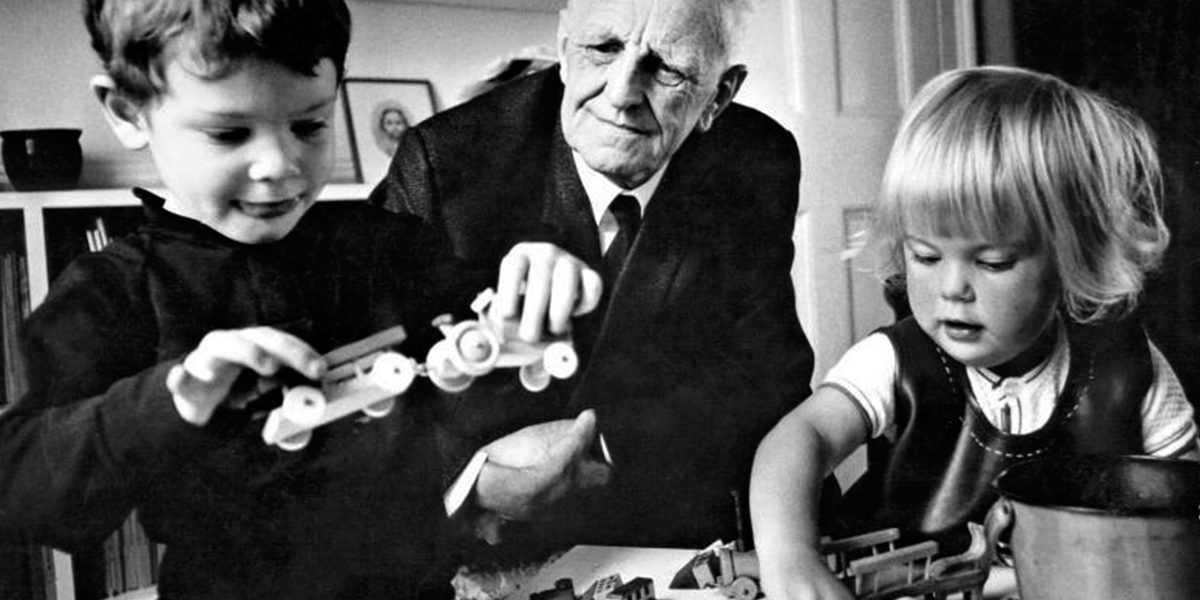
This course will take place over 2 days: 2 & 3 February 2022, from 13.30 – 17.00 each day (time includes a tea break). All attendees will also receive access to the recording, available for 1 month. This series is run annually and will always be adjusted from the previous year with the latest reading.
Donald Winnicott was a children’s doctor who trained as a psychoanalyst, maintaining both disciplines throughout a long career as the two strands of his working life, to their mutual enrichment. He was close to Melanie Klein (and analysed her son), but retained his independence during the years of WWII, when the disputes between the followers of Freud and Klein were at their height, and finally emerged as a leading member of the middle group of analysts in the British Society who refused to take sides in the Freud/Klein controversy.
His principal disagreement with Klein was over his insistence that the quality of the early environment provided by the mother is the crucial factor making possible healthy development, including the development of a ‘true self’. When she absolutely refused to modify her views, or even consider his arguments, he was forced to clarify and articulate his own understanding of the dynamics of the early infant-mother relationship – creating the set of ideas that became his unique contribution to psychoanalytic thought. We will explore the ideas that have made Winnicott one of the most influential figures in contemporary psychoanalysis, and examine the closely related work of John Bowlby.
Format: –
Session 1: We will explore Winnicott’s work with children during WW2 and examine his relationship with John Bowlby. They became leading figures in British psychoanalysis after the war and fundamentally changed social attitudes to the treatment of children, initiating a new kind of psychoanalysis in which the environment of the child was regarded as crucial.
Session 2: We will critically examine the central Winnicottian notions of the ‘good enough mother’ and ‘primary maternal preoccupation’, and explore the details of his profoundly social view of early development, reviewing the crucial dimensions of the ‘good enough’ mother’s care – ‘holding’, ‘handling’, and ‘object relating’ – through which the baby gathers a sense of continuity and coherence that gradually coalesces into a personal self. We will also study his ideas on the consequences of ‘environmental failure’ in terms of psychosis and the development of a ‘false self’.
Session 3: We will examine Winnicott’s theory of ‘transitional phenomena’ – those symbols of the border between the small child’s early fusion with the mother and his dawning realisation of separateness – and his account of how ‘transitional phenomena’ later move beyond the single object (eg: a teddy bear or a piece of blanket) to words, play, culture and religion as forms of experience taking place in an ‘intermediate area’ where the inner world and the outer world meet, and we are not required to decide finally which an object belongs to.
Session 4: We will explore Winnicott’s view of the therapeutic setting as supremely transitional, and his belief that without play there can be no therapy: that when the patient is enabled to play, growth and development naturally follow. We will also bring Winnicott’s work into dialogue with the work of Jacques Lacan, and explore the idea of Winnicott and Lacan as the two contrasting poles of contemporary psychoanalysis.
Tutor:
Keith Barrett BA PhD received his first degree in philosophy from Oxford University after having spent three years working as a nursing assistant in psychiatric hospitals. It was in this practical context that Keith first encountered existentialism and psychoanalysis. He then began postgraduate studies on both Freud and Heidegger, leading finally to a PhD from the Wellcome Centre for the History of Medicine at UCL for a dissertation on ‘Freud’s Self-Analysis’. Keith has been a philosophy teacher for over 20 years, and has been delivering courses at the Freud Museum for over a decade, where he has developed a series of introductory lectures on Freud, psychoanalysis after Freud, and exploring the overlap of philosophy and psychoanlaysis.
MEMBERS – Get 20% off the Standard ticket price with your Members’ promo code. Click “Book Now” and apply the promocode before checkout.
BURSARY – There are a limited number of bursary places available for £15. Priority will be given to UK unemployed and PIP/ESA claimants. Click here to apply.
